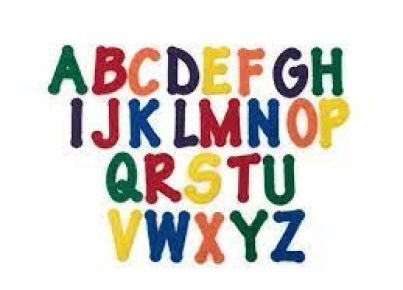Introduction:
Teachers have a huge responsibility when it comes to nurturing the writing skills of their students. One of the most effective ways to improve students’ writing is by making them aware of the phrases they should avoid. This article will present a classroom poster containing 11 phrases that should be outlawed from students’ writing.
1. “In conclusion”
Many student papers end with the phrase “in conclusion.” Unfortunately, this phrase can become repetitive and may limit a writer’s creativity. Instead, encourage students to find unique and concise ways to wrap up their thoughts.
2. “In my opinion”
Students often use this phrase as a way of expressing their thoughts or beliefs. However, it weakens their argument and diminishes its effectiveness. Teach your students to assert their opinions without constantly reminding the reader that it is their belief.
3. “Honestly”
Although it might seem innocent, “honestly” can imply that the rest of the text might not be truthful. Encourage your students to build trust with the reader by being direct and avoiding unnecessary qualifiers.
4. “I think” or “I believe”
These phrases weaken a writer’s credibility and authority. Remind your students that it is evident their words represent their thoughts or beliefs, so using such phrases is redundant.
5. “Like”
“Like” has become an overused filler word in spoken language, but it has no place in academic writing. Urge your students to use more precise language instead.
6. “Very” or “really”
These words are frequently used as intensifiers but often fail to add value to a sentence. Show your students how to be specific with their descriptions to convey their message effectively.
7. “A lot” or “lots”
These vague quantitative terms can make arguments less convincing and harder for readers to understand. Encourage your students to use more precise figures or supporting details.
8. “Basically” or “essentially”
These words are often used to summarize a complex idea, but they can weaken the argument’s impact. Teach your students to convey their ideas clearly and concisely without relying on oversimplified terms.
9. “Due to the fact that”
This clunky phrase can usually be replaced with a simple “because.” Remind your students that concise writing is more engaging for readers.
10. “In order to”
This phrase is usually unnecessary, and students can effectively convey their message by using “to” instead. For example, instead of saying, “In order to succeed,” encourage them to say, “To succeed.”
11. “Firstly,” “secondly,” “thirdly,” etc.
These words are often used in lists or orderings but can feel repetitive and dull. Teach your students to use more creative ways of expressing order in their writing.
Conclusion:
A classroom poster listing these 11 phrases can help remind students of the common pitfalls in writing and encourage them to make thoughtful word choices in their papers. By outlawing these phrases, teachers are empowering their students to improve their writing skills and produce high-quality academic work.





